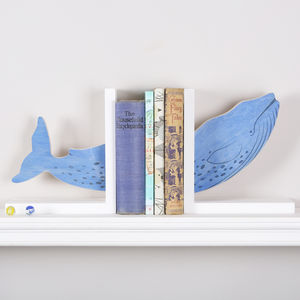Yes, back in our village of La Fresneda after a 1500 mile
(2400 Km) journey taking in Bolton, Belfast, Dublin and a string of delightful
towns in France. I have worked briefly in Belfast before, but this was Margaret’s
first visit and, with the very definite exception of the city hall, we both found
the city to have many fine buildings, though their locations were often marred
by overbearing modern constructions. The famous Crown public house was as good
as ever and we even managed to grab one of the many secret snugs that are part
of its ornate architecture. It was however expensive, understaffed and beset by
tourists – like us. We straddled the border with the South for some time and
distance but, unable to answer the ‘Irish question’ just then (we did later
after a few pints) proceeded to Dublin where I tackled the more amenable task
of roofing my son’s large shed.
In that city we had a good night out at a local pub witnessing the
Dubliners at their most abandoned. A bacchanalian scene fuelled by the second
(yes second) night of Dave and Rachel’s wedding celebration apparently, plus
lashing of alcohol of course. At one point Dave took the microphone from the
professional DJ. He joked as confidently as a Frank Sinatra, then sang with the
force of a Frankie Vaughan. Meanwhile
his five-year-old daughter rushed aimlessly around the vast bar in her
bridesmaid dress and a much older and much larger lady roamed around predating
lecherously on younger men.
As usual the good ship Oscar Wilde took us to Cherbourg, a
dull crossing with very few passengers aboard – though I did meet a young man
who professed to be the son of Martin McGuiness who told me that he was
returning from a meeting with Jeremy Corbyn, “your future prime minister who
will immediately unify Ireland as soon as he gains power without a gun being
fired”. No wait, that was on the trip to Belfast. How the mind can play tricks –
and so back to my previous blog on the brain. There I introduced the concept of
‘aporia’ and what follows is a comment from a good friend of mine from Sweden
who explains it all so much better.
Your stories remind us that no absolute truths exist. The premise is
wrong, i.e. that our brain is first and lastly logical and just a little
emotional like the scum on the sea’s waves. Actually, it’s the other way
around. This state of our mind has fostered reams of ridicule and we are
ourselves delighted in making fun of our brain’s shortcomings. The latest proof
of this is Daniel Kahneman’s book Thinking Fast and Slow. After having read it
there is just one comment: “so what?”
If we didn’t have any
biases, cognitive dissonances or emotions, we would be a completely different
animal. Or why not a robot as we are slowly approaching a robot like state of
mind from being stereotyped by social media (internet). Forget biological evolution, which has been
overtaken by technological evolution, which is so fast and unpredictable that
we have lost control of it. “Earth, we got a problem.”
So why are there no
absolute or universal truths? If there had been they would since a long time
ago been thought out. We have had to do with our own laws, manmade like time,
before and after, limits, endlessness, eternity, etc. just to cope with life.
It is said that libido
is the ultimate drive for life, for animals as well as for mankind. Not so,
this is where we differ. Our lust to hang on to life and live (long after we
lost our libido and money) is our curiosity, to see what’s around the corner
(to be transformed to the fly on the wall).
Not knowing anything,
just being suspended in the air and revelling in the unfolding of world events
that is true happiness. Happiness through aporism. QED!







